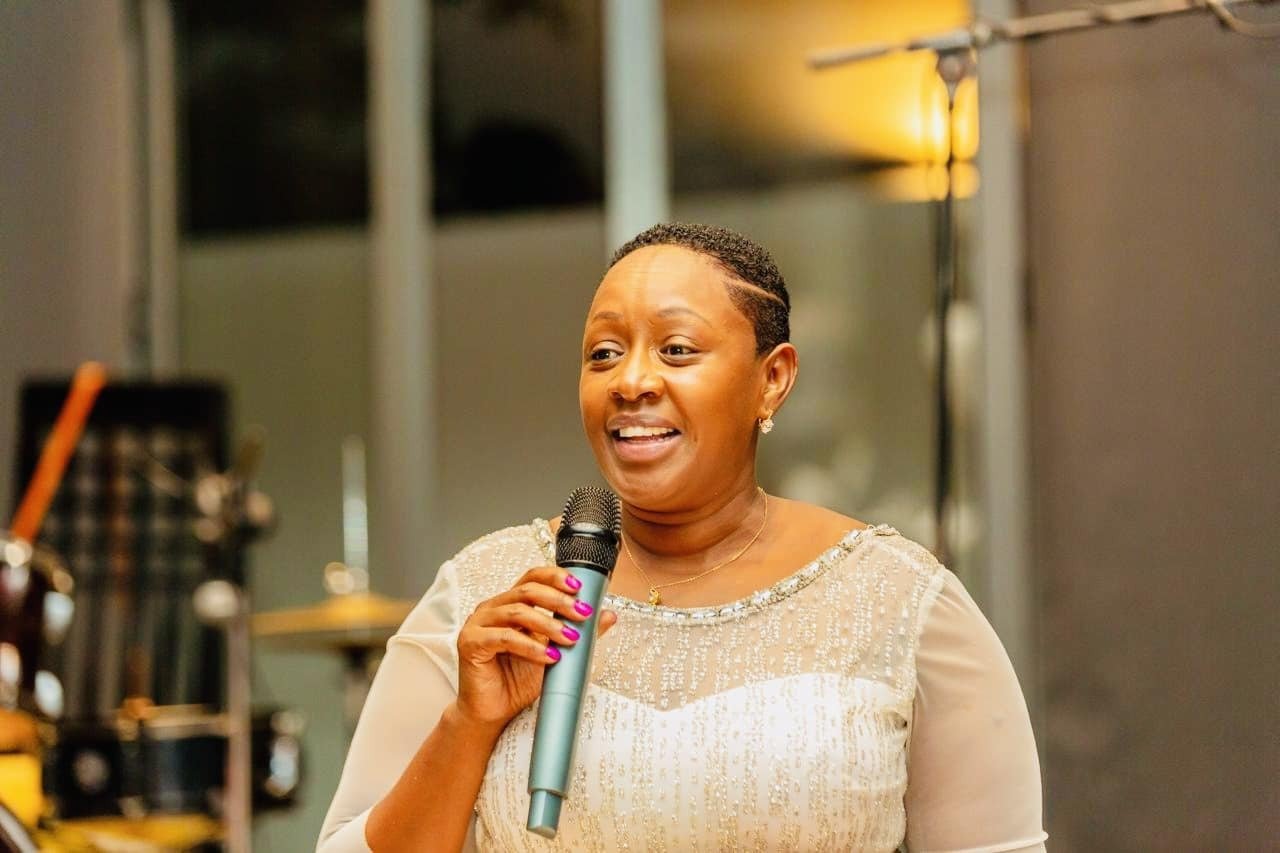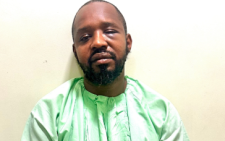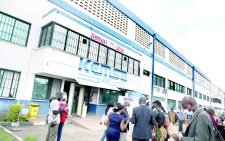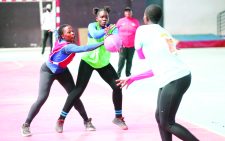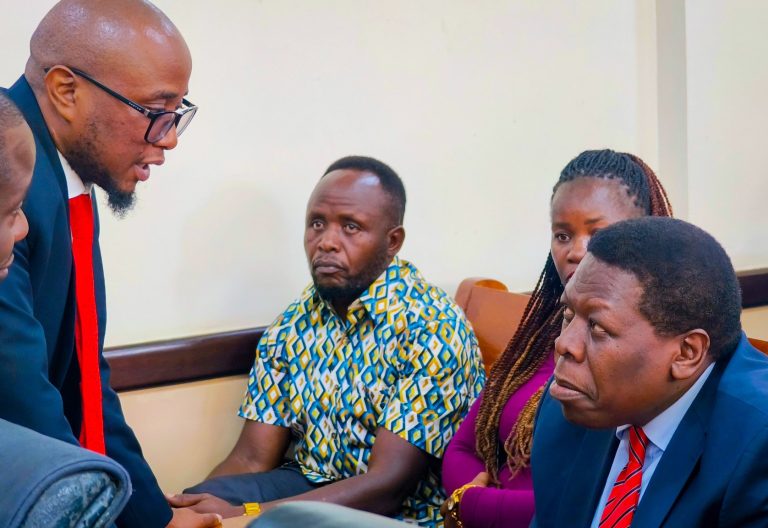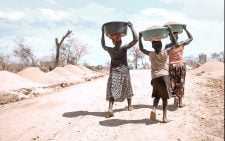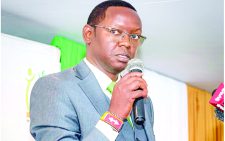Teachers, parents speak out on what should be done
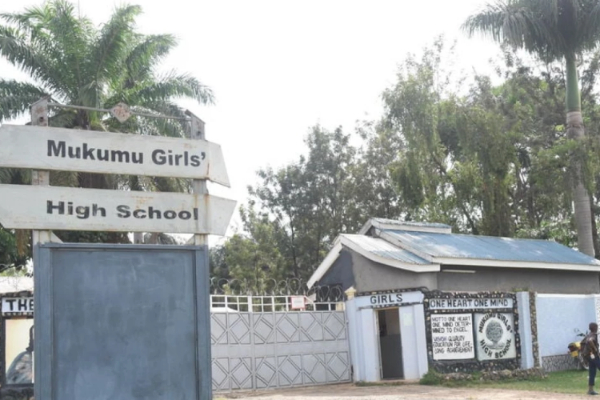
The recent disease outbreak at the Sacred Heart Mukumu Girls’ High School that has since killed three people and the alleged cholera outbreak in several other public schools has brought to the fore the glaring lapses that compromises the health and safety of learners, especially those in boarding schools.
Most public learning institutions across the country face numerous healthcare challenges that leave troubled parents with numerous questions about the wellbeing of their children while at school.
In most cases, teachers are put on the spot whenever learners are involved in accidents, such as falls, or die in swimming pools or getting injured during games or even in laboratories.
A spot check in various schools has revealed that most public schools lack capacity to offer emergency responses when learners fall ill or are involved in accidents.
Lack of health facilities near or within learning institutions and failure by schools to employ medical personnel are among concerns that have been blamed for poor safety of learners in schools.
Teachers who spoke on condition of anonymity from various schools narrated how insensitive most school managements are when it comes to handling ailing or injured students.
Available teachers
When a student falls sick, they are in many instances attended to by their fellow students or the nearest available teachers. In such cases, a teacher most likely prescribes painkillers or recommends bed rest.
Teachers told People Daily painkillers, kept in the custody of school matrons, are generally meant to suppress the pain, not cure the ailment a learner complains of.
Shocking to most parents is that they are on many occasions called to pick their children from school to undergo specialised treatment when their symptoms have already worsened.
“Our hands are usually tied and it is sad that we watch students wail as a result of excruciating pain. We have no training to handle them and we cannot facilitate professional medical care and this leaves us with only one option, requesting parents to get them to hospital,” a teacher told People Daily.
Unlike in previous years when schools used to employ medically qualified matrons to check on the health and welfare of students and attend to their basic medical needs, many public schools, PD learned, do not have such personnel, exposing learners to health risks.
However, not only schools are to blame; parents often fail to declare their children’s pre-existing conditions, some of which require regular attention while they are at school.
Boarding school
“For instance, sickle cell is a condition that may not be spoken about. If a parent doesn’t disclose this, a teacher will engage learners in activities like PE, which may fatigue the learner, and the result may be deterioration of the condition,” another teacher from an extra-county boarding school told PD at the weekend. If such a learner complains of a headache, a teacher is most likely to prescribe a painkiller.
Teachers also said schools that are far from hospitals and health centres bear the brunt of medical emergencies. In such schools, basic first aid is administered by Scouts and Girl Guides.
Teachers who spoke to PD recommended employment of at least a nurse in every boarding school to handle students’ health challenges.
Union leaders said in the wake of the health challenges in schools, there is urgent need to improve safety of learners by expanding the role of teachers to care givers. “When parents send their children to school, they need to be sure that their children will return in one piece. The surest way to guarantee this is by making sure that all students have a health insurance and our schools have well trained medics who should be able to handle emergencies before the students are taken to the hospital for specialised treatment,” said Joe Mungai, a former KNUT secretary-general in Kiambu.
